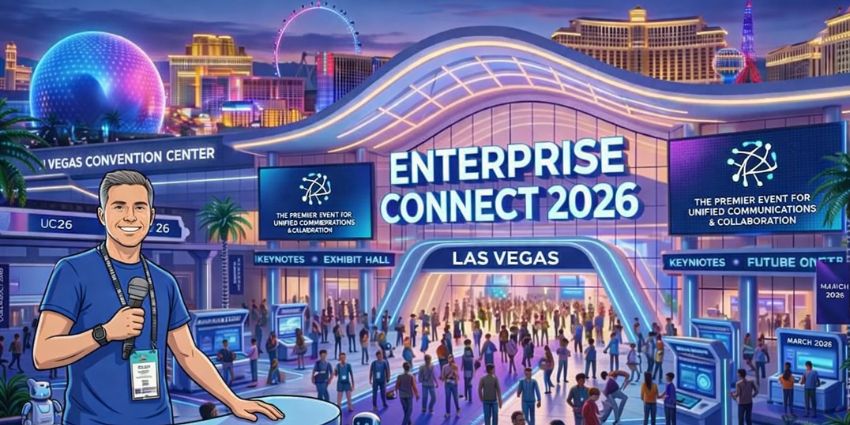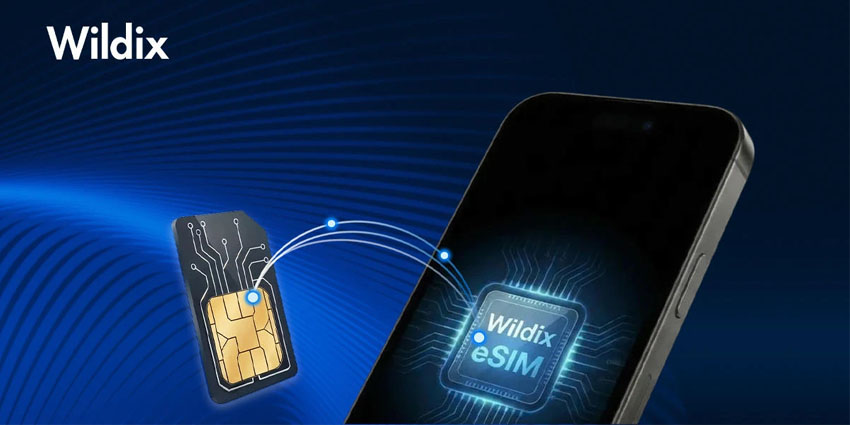When the American architect Franky Lloyd Wright wrote, “Maybe we can show government how to operate better as a result of better architecture,” he could have easily referred to how a 21st-century smart city would be a better way to achieve good governance.
Fortunately, governments today understand the importance of integrating smart city technology into city services. Governments worldwide are aggressively integrating technology to improve service delivery times, manage resources and solve citizen problems.
The overarching goal is good governance and protecting citizen safety and security while lowering operating costs. Based on recent studies, this couldn’t be happening soon enough. In a 2022 report, the World Bank estimates that today, 56 percent of the world’s population resides in cities, which is about 4.4 billion people. By 2050, it estimates that nearly seven in 10 will live in an urban centre. “Today, good governance starts with smart cities,” said Pierre-Yves Noel, Director for Government & vertical cloud offering at Alcatel-Lucent Enterprise. “And it’s the future of the twenty 21st century,” he said.
There’s a Lot on the Line
The World Bank also estimates that cities generate more than 80% of the global GDP. But that comes with immense challenges: affordable housing, viable infrastructure including transport systems, essential services, and more jobs. It can’t be done the old way with mechanically timed traffic lights. It takes data and networks. It takes smart cities.
Effectively managing up-to-the-minute city services will depend almost entirely on real-time communications and networked systems. Public and private transportation, fire and police services, electrical services, water and gas, atmosphere monitoring, and garbage collection will be networked into a smart city grid. Data will flow across, between and among millions of citizens, city services and infrastructure points. While this is already happening worldwide, the clock is ticking for more cities to evolve to smart city status.
John F. Kennedy was remarkably prescient when he said, “We will neglect our cities to our peril, for in neglecting them we neglect the nation,” because no nation today can afford to ignore urban realities. Their national security is at stake.
Alcatel-Lucent Enterprise Makes European Smart City Governance a Reality
Alcatel-Lucent Enterprise offers Rainbow, a converged UCaaS and CPaaS cloud communications platform, to help cities deliver the promise of good governance by integrating real-time communications in their software and hardware ecosystem. Rainbow connects users with text, voice and video with ‘one-click’ capability. And it’s fully compliant with the General Data Protection Regulation (GDPR).
Yodiwo, a Swedish company, partners with Alcatel-Lucent Enterprise offering real-time, cloud-based communication systems for cities. Its Yodicity solution helps cities manage transportation and road systems, urban lighting, air quality and waste management services.
With YodiCity, citizens communicate with city departments to report problems such as repairing streetlights, power outages, traffic and parking management and trash bin issues. Operators can locate city workers and deploy them automatically.
The YodiCity / Rainbow platform provides real-time operator-to-city-worker video calling onsite to assist in repair work. The solution offers capabilities such as a city worker working ‘hands-free’ with a camera and microphone helmet attachment, which facilitates supervision on a repair site.
“This delivers on the promise of good governance,” Noel said. “Rainbow improves communication between citizens and government and dramatically improve city employee efficiency.”
Click here to learn more about building connected and sustainable cities with Rainbow from Alcatel-Lucent Enterprise.







